Rikers Island and violence go hand in hand. The notorious jail complex in New York, known for its brutality and abuse towards the incarcerated both by other occupants and correctional officers, is often described as dangerous, corrupt, and a place of suffering. Whether or not to close Rikers has been an ongoing battle. On March 31st, Mayor Bill de Blasio finally vowed to close Rikers Island and open a series of smaller jails based in the boroughs of New York City. This is provided that the number of people cycling through the system is reduced to 5,000; low enough to accommodate the transition to the new jails. De Blasio stated that the process could take more than a decade to complete. In the meantime, the violence on Rikers continues.
In June 2016, we held our first Mass Story Lab in New York City focused specifically on the negative impact of Rikers Island. Six storytellers spoke of the horrors of the complex. One of those storytellers was Johnny Perez. He was incarcerated as a child at sixteen years old. During his time on the island, he faced extreme violence. Gang violence, he said, was very prevalent.
“If you’re not in a gang, you have to fight. You have to fight for your food, your commissary, your sneakers… you have to fight to keep your sanity. You have to fight like there’s no tomorrow because if you don’t, there probably won’t be.”
Johnny became physically violent to fend off the gang members, and was thrown in solitary confinement for sixty days. At sixteen years old, he sat completely alone in a concrete room for two months.
“At 16 years old I couldn’t understand how I could be placed in a situation where I felt hopeless. My self-esteem was shot. I was angry at myself. I hated myself. I thought about committing suicide.”
He recounts how the suicide prevention aid he was provided belonged to the same gang as the fellow detainee that he fought. The staff member tortured him when he was on duty, depriving him of food. Violence by Department of Corrections staff against detainees rose every year from 2008 to 2014. Johnny couldn’t understand that the same people that were sworn to protect him from harm would actually allow it to happen.
“You’re either the prey or the person who’s being preyed on. I learned that if I was going to survive, I would have to speak the language of Riker’s Island,” he stated. “The universal language of Riker’s Island is violence.”
In the recently released Independent Commission on New York City Criminal Justice and Incarceration Reform Executive Summary, it is stated,
“All 27 members came together behind a vision for a criminal justice system in New York City that embodies the civic values of liberty, equality, dignity, justice, and public safety. Central to this vision is the primary recommendation of the Commission: Rikers Island must be closed. The Commission has concluded that shuttering Rikers Island is an essential step toward building a more just New York City. Refurbishing Rikers is not enough. Our current approach to incarceration is broken and must be replaced. Acknowledging this, the Commission recommends permanently ending the use of Rikers Island as a jail facility.”
Read the commission’s full report to learn why it’s important to close Rikers Island now.
While progress is being made, 10 years is too long. Justice for people like Johnny cannot wait.
On April 24th, the #CLOSERIKERS campaign is hosting a Rally on the Steps of City Hall. The rally will take place between 10:30am-12:00pm. We urge you to join in the efforts to close Rikers faster. Do your part to end the violence and suffering. Join the #CloseRikers campaign and take action.
Support Mass Story Lab’s #MSLSpring25 Fundraising drive and help us raise $25,000 to travel to more communities grappling with the impact of mass incarceration.
By Claire Zager, Mass Story Lab intern






